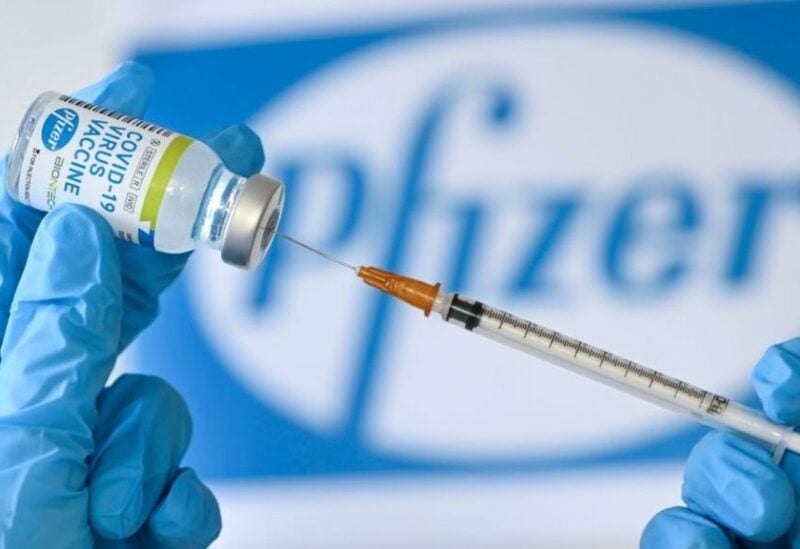
Pfizer Inc and BioNTech asked US regulators to approve emergency use of their COVID-19 vaccine for children
Pfizer Inc said on Wednesday that it will test the efficacy of its COVID-19 vaccine by inoculating the whole population over the age of 12 in a community in southern Brazil.
The research will be carried out in Toledo, a town of 143,000 people in western Parana state, in collaboration with the Brazilian National Vaccination Program, local health authorities, a hospital, and a federal institution.
The goal, according to Pfizer, which developed the vaccine with German partner BioNTech SE, was to research coronavirus transmission in a “real-life situation” after the population had been inoculated.
“This is the first and only project of its type in a poor country in cooperation with a pharmaceutical firm,” Pfizer stated.
In the tiny town of Serrana, in the state of Sao Paulo, the Butantan Institute, one of Brazil’s premier biomedical research institutes, did a similar study. The CoronaVac shot, created by Sinovac Biotech Ltd in China, was put to the test in that experiment.
Butantan claimed in May that widespread immunization has decreased COVID-19 deaths in the community of 45,644 people by 95%. The institution is contemplating adding a third dosage to the research.
“Here we believe in science and we lament the almost 600,000 deaths from COVID-19 in Brazil,” Toledo Mayor Beto Lunitti said at a news conference announcing the Pfizer study.
There is little anti-vaccine resistance in Toledo, where 98% of the population have had a first dose, mainly of the Pfizer/BioNTech vaccine. AstraZeneca’s COVID-19 shot and Sinovac’s have also been used there, municipal health secretary Gabriela Kucharski said, adding that 56% are fully vaccinated.
Regis Goulart, a researcher at Porto Alegre’s Moinhos de Vento Hospital taking part in the study, said its aim was to validate the real-world efficacy and safety of the vaccine seen in clinical trials.
The observational study also will provide an opportunity to do long-term monitoring for up to one year of participants, helping to answer lingering questions such as the duration of vaccine protection against COVID-19 and new virus variants, Goulart said.